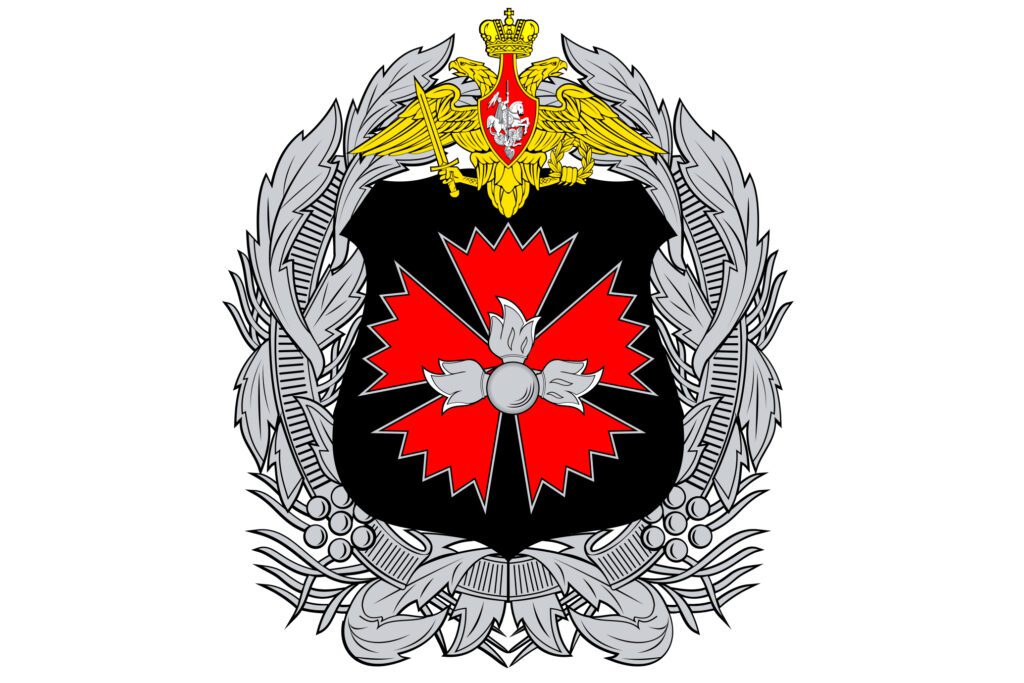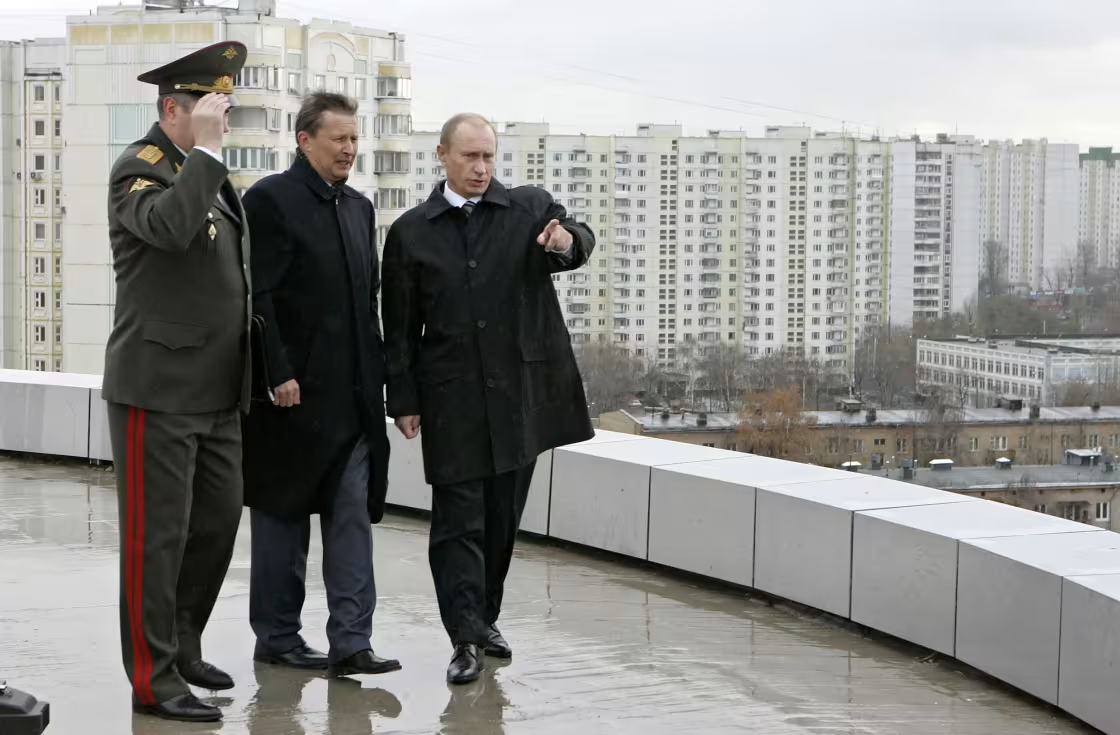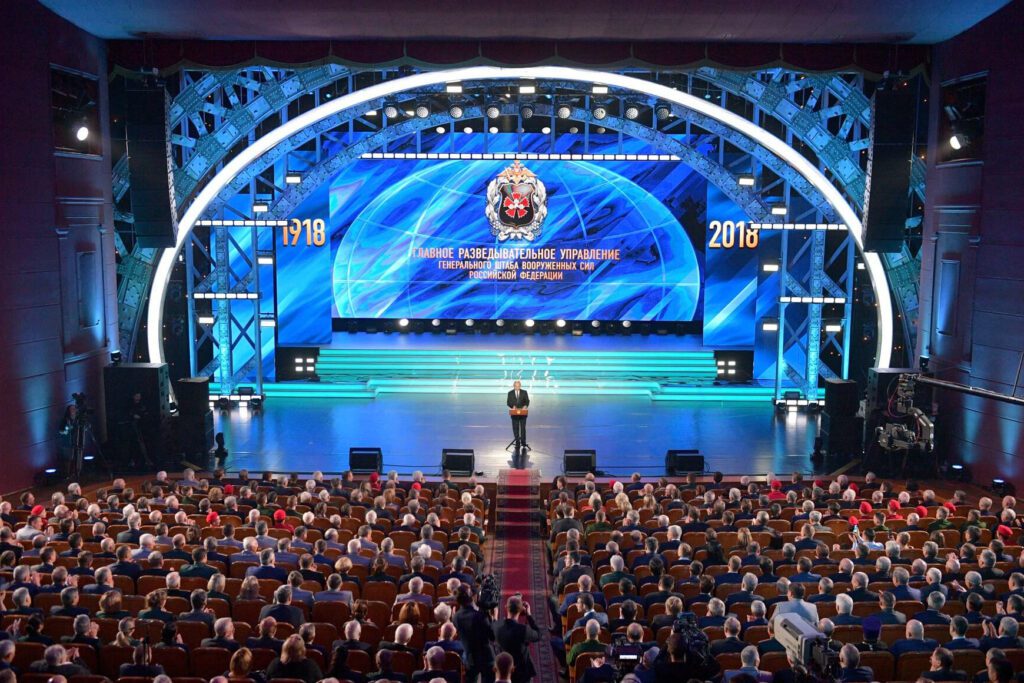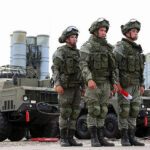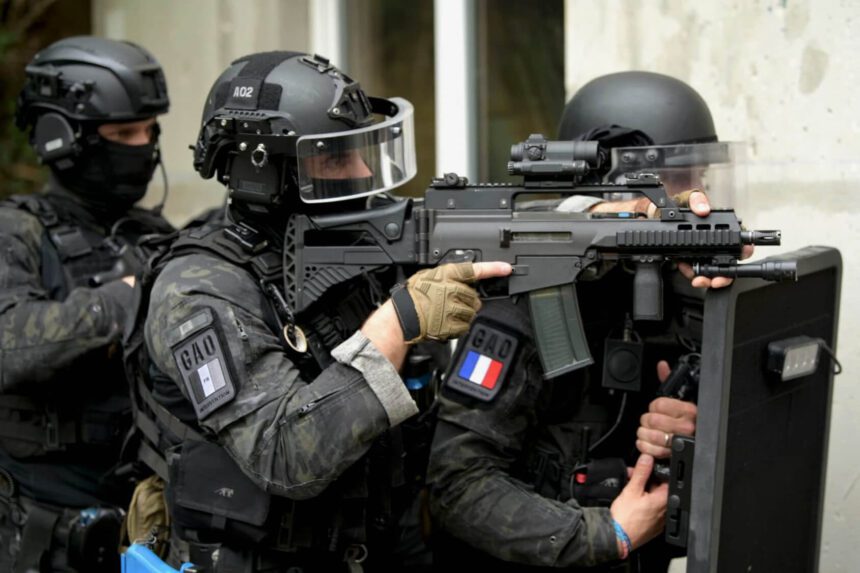Origins and Structure
Lenin founded the GRU, formally the Main Directorate of the General Staff of the Armed Forces of the Russian Federation, in 1918. Unlike the FSB, which manages domestic security, the GRU conducts foreign intelligence and answers directly to the Ministry of Defence. It is Russia’s largest intelligence agency by personnel, with officers spread across embassies, military missions, and covert units worldwide.
Intelligence Gathering
The GRU’s core mission is espionage. Its officers collect political, military, and technological intelligence on NATO, the European Union, and adversary states. Unlike the SVR, which runs classical diplomacy-based espionage, the GRU’s intelligence operations are more aggressive, often tied to military planning and combat readiness. Its reputation in the West is one of persistence and risk-taking rather than subtlety.
Covert Operations Abroad
The agency’s remit extends beyond spying. GRU operatives carried out assassinations, sabotage, and destabilisation campaigns, including the 2018 Salisbury nerve agent attack on Sergei Skripal and covert operations in the Balkans. They design these missions to project Russian power abroad while maintaining deniability, even when exposure damages Moscow’s reputation.
Cyber Warfare and Digital Operations
The GRU controls some of Russia’s most capable hacking units, including Unit 26165 (“Fancy Bear”) and Unit 74455 (“Sandworm”). These groups have carried out cyberattacks against European parliaments, U.S. elections, and Ukrainian infrastructure. By targeting critical digital systems, the GRU demonstrates how modern intelligence agencies can inflict damage equal to physical attacks without crossing the threshold into open war.
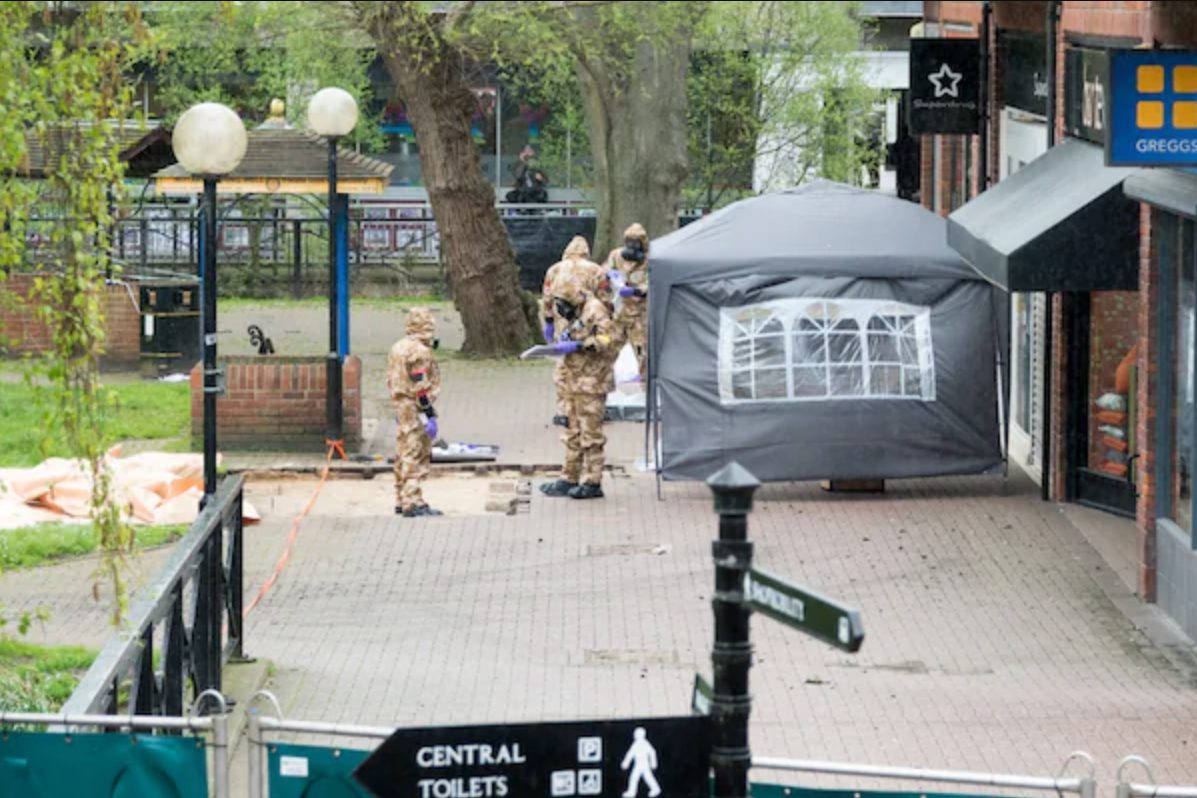
Military Integration
As a branch of the armed forces, the GRU operates in tandem with Russia’s conventional military. It provides battlefield intelligence, oversees special forces (Spetsnaz), and supports irregular warfare. This integration allows Russia to coordinate intelligence, cyber, and kinetic action in ways that blur the line between espionage and combat.
The GRU in Hybrid War
Taken together, the GRU represents the offensive spear of Russia’s hybrid war doctrine. Its activities combine espionage, sabotage, cyberattacks, and irregular warfare to weaken adversaries while avoiding open confrontation. For Europe, the GRU embodies the persistent, shadow-world challenge of confronting Russian power without clear rules of engagement.
